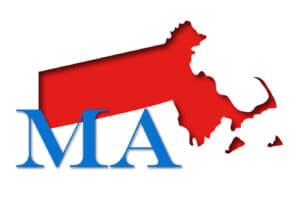The Federal Reserve Board recently released an update on the economic well-being of U.S. households based on data collected this July to supplement the annual Survey of Household Economics and Decision making. This was the second supplemental survey conducted by the Federal Reserve to monitor the financial well-being of Americans in light of the COVID-19 pandemic. It found that U.S. families were faring better financially in July than in April, but many laid-off workers still faced uncertainty regarding prospects for returning to work.
In July, 77 percent of adults said they were doing at least OK financially, up from 72 percent in early April, and 75 percent in October 2019. This increase is likely due to some people returning to work, as well as the availability of assistance programs either from the government or from charitable organizations. A substantial number of families received one or more forms of financial assistance, and the effects of these programs were apparent in people’s overall financial well-being and ability to cover expenses.
The report also highlights households’ financial resiliency, including their abilities to save for emergencies and pay their bills, employment concerns, including layoffs and their expectations to return to work, among other topics. Results from the July survey reflect families’ experiences of financial conditions over the initial months of the pandemic’s onset.
The report, a video summarizing the supplemental survey’s findings and downloadable survey data are available on the board’s website.

